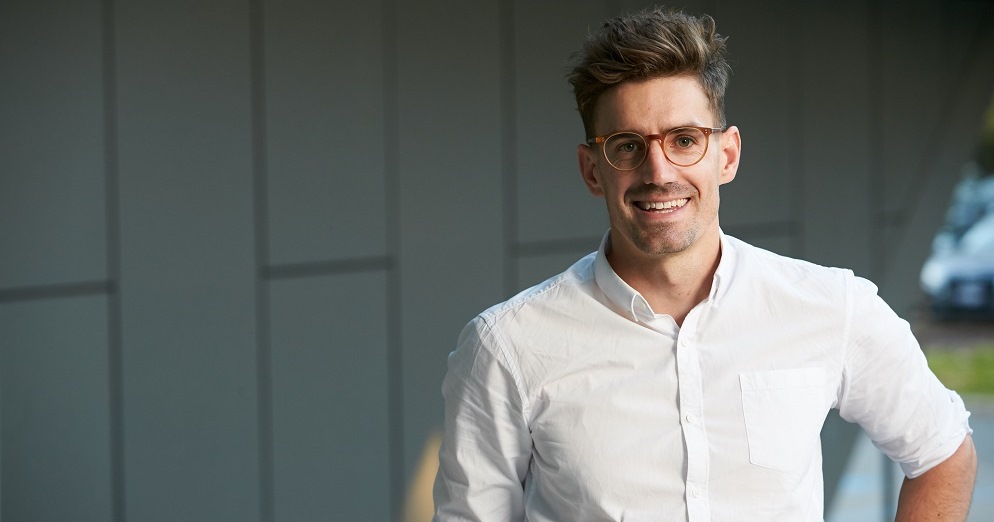Can we change the toxic jobs and climate politics to power the future?
By the end of this decade 30 million clean energy and associated jobs will have been created across the global economy - outstripping jobs lost in fossil fuel industries. (1) This job bonanza in the clean energy economy is a good news story. However, it also presents an enormous challenge of how to equitably transition existing workers, communities and regions dependent on fossil fuel industries and jobs.
We only need to look at communities in New South Wales, Victoria or the Appalachian region in the United States (2) to see how poorly planned and co-ordinated transitions led to bad socio-economic outcomes.
So how best to handle the necessary energy transition?
Our research into the ‘Just Transition’ initiative in Collie, Western Australia, offers some important lessons to ensure the switch to a clean energy future does not leave behind fossil fuel workers and communities.

Dr Caleb Goods
First, changing the toxic politics. When transitioning out of coal fire power generation and coal mining was first suggested by unions in 2007 it was met with fierce opposition in Collie. However, through regular community meetings, and growing state and industry support, a critical mass of the community and workforce came to realise that developing transition plans early gave it the best opportunity for the Collie community to survive. Changing the politics of transition therefore requires open and honest conversations with all the key stakeholders involved.
Second, buy-in from the state. The State Government of Western Australia has taken the transition politics seriously, housing the Just Transition policy team in the Department of Premier and Cabinet and to date has committed hundreds of millions of dollars to developing the transition. This has included upgrades to the Collie township and infrastructure, relocation of government services into Collie and providing funding to support new industry in the town, including building one of the largest batteries in the world. (3) An equitable transition cannot be left to ‘market forces’ but requires state participation.
Third, establish a locally embedded tripartite transition body. From 2018, a Just Transition Working Group (JTWG), with union, industry, government and community members has been developing, rolling out and critically assessing the Just Transition plan for Collie. Critically, the JTGW meetings are held locally in Collie, giving the community a voice and a role in designing the transition. The Just Transition plan is currently focused on training, expanding existing industries and attracting new industries to Collie. The most promising of these is the development of a green steel mill, which would support more than 200 jobs in Collie.
While the transition still has a long way to go, the basic transition ingredients we uncovered through our research demonstrates that it is possible to get beyond the toxic politics of transition through ongoing tripartite and local engagement that focuses on the possibilities of a low carbon future.
By Dr Caleb Goods, Department of Management & Organisations, UWA Business School
Professor Bradon Ellem, Work & Organisational Studies, The University of Sydney Business School and Honorary Research Fellow, UWA Business School.
Read the full issue of the Summer 2023 edition of Uniview [PDF 2.7Mb]. This version is also accessible.
References:
(1) International Energy Agency (2022) ‘World Energy Employment’
(2) Sheldon, P., Junankar, R., & de Rosa, A. P. (2018). The Ruhr or Appalachia?
(3) Collie Battery Energy Storage System
